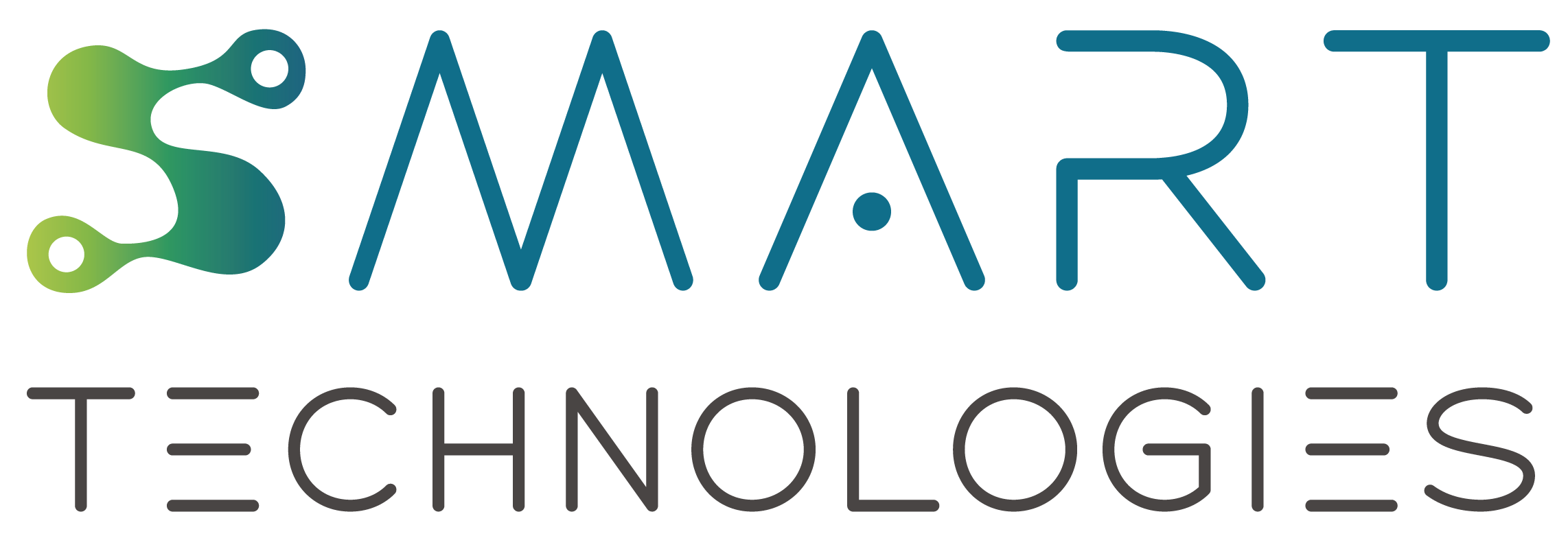Revolutionizing Industries
In the ever-evolving landscape of technology, businesses continually seek innovative solutions to enhance operations, improve efficiency, and stay ahead of the competition. One such revolutionary concept that has gained prominence in recent years is Keystone twitterpeek.com/ Technologies. From streamlining processes to transforming entire industries, Keystone Technologies are reshaping the way businesses operate in the digital age.
Table of Contents
Understanding the Concept of Keystone Technologies
What are Keystone Technologies?
Keystone Technologies refer to essential components or systems that serve as the foundation for various technological advancements within an organization. These technologies act as critical enablers, facilitating seamless integration, communication, and functionality across different systems and processes.
Importance of Keystone Technologies in Various Industries
In today’s interconnected world, Keystone Technologies play a vital role across diverse sectors, including healthcare, manufacturing, finance, and beyond. They serve as the backbone of digital transformation initiatives, driving innovation and fostering growth in the modern business landscape.
Key Components of Keystone Technologies
To grasp the significance of Keystone Technologies, it’s essential to delve into their core components:
Hardware and Infrastructure
At the heart of Keystone Technologies lie robust hardware components and infrastructure elements. This includes servers, networks, storage systems, and other physical assets that form the backbone of IT infrastructure.
Software Integration
Seamless integration of software applications is another critical aspect of Keystone Technologies. By ensuring interoperability and data exchange between different systems, organizations can optimize processes and maximize efficiency.
Data Management
Effective data management is fundamental to Keystone Technologies, as it enables organizations to harness the power of data for informed decision-making and strategic insights. This involves processes such as data collection, storage, analysis, and visualization.
Advantages of Implementing Keystone Technologies
The adoption of Keystone Technologies offers a myriad of benefits for organizations seeking to modernize their operations:
Increased Efficiency
By streamlining processes and eliminating silos, Keystone Technologies enable organizations to operate more efficiently, reducing redundancies and minimizing manual intervention.
Enhanced Scalability
Scalability is a key advantage of Keystone Technologies, allowing businesses to seamlessly expand their operations and adapt to evolving demands without significant disruptions.
Improved Decision Making
With access to real-time data and advanced analytics capabilities, organizations can make better-informed decisions, driving innovation and staying ahead of the curve in today’s competitive landscape.
Challenges and Considerations
While the benefits of Keystone Technologies are undeniable, organizations must also navigate certain challenges:
Integration Challenges
Integrating disparate systems and technologies can be complex and challenging, requiring careful planning and execution to ensure seamless interoperability.
Security Concerns
As organizations become increasingly interconnected, cybersecurity threats loom large. Protecting sensitive data and ensuring robust security measures are paramount when implementing Keystone Technologies.
Training and Skill Development
The successful adoption of Keystone Technologies requires a skilled workforce capable of leveraging these technologies effectively. Investing in training and skill development initiatives is essential to maximize the potential of these innovations.
Case Studies: Successful Implementation of Keystone Technologies
Healthcare Industry
In the healthcare sector, Keystone Technologies such as Electronic Health Records (EHR) systems have revolutionized patient care delivery, enabling healthcare providers to access critical patient information seamlessly.
Manufacturing Sector
Manufacturing companies leverage Keystone Technologies such as Industrial Internet of Things (IIoT) platforms to optimize production processes, improve asset utilization, and drive operational efficiency.
Financial Services
In the financial services industry, Keystone Technologies like blockchain have transformed traditional banking and payment systems, enhancing security, transparency, and efficiency in financial transactions.
Future Trends and Innovations in Keystone Technologies
Looking ahead, several emerging trends are poised to shape the future of Keystone Technologies:
AI and Machine Learning Integration
The integration of artificial intelligence (AI) and machine learning algorithms into Keystone Technologies promises to unlock new capabilities, enabling predictive analytics, automation, and personalized experiences.
Internet of Things (IoT) Applications
The proliferation of IoT devices and sensors will further expand the scope of Keystone Technologies, enabling real-time monitoring, remote asset management, and predictive maintenance across various industries.
Conclusion
In conclusion, Keystone Technologies represent a paradigm shift in the way businesses leverage technology to drive growth and innovation. By embracing these foundational elements, organizations can unlock new opportunities, overcome challenges, and stay ahead in an increasingly digital world.








